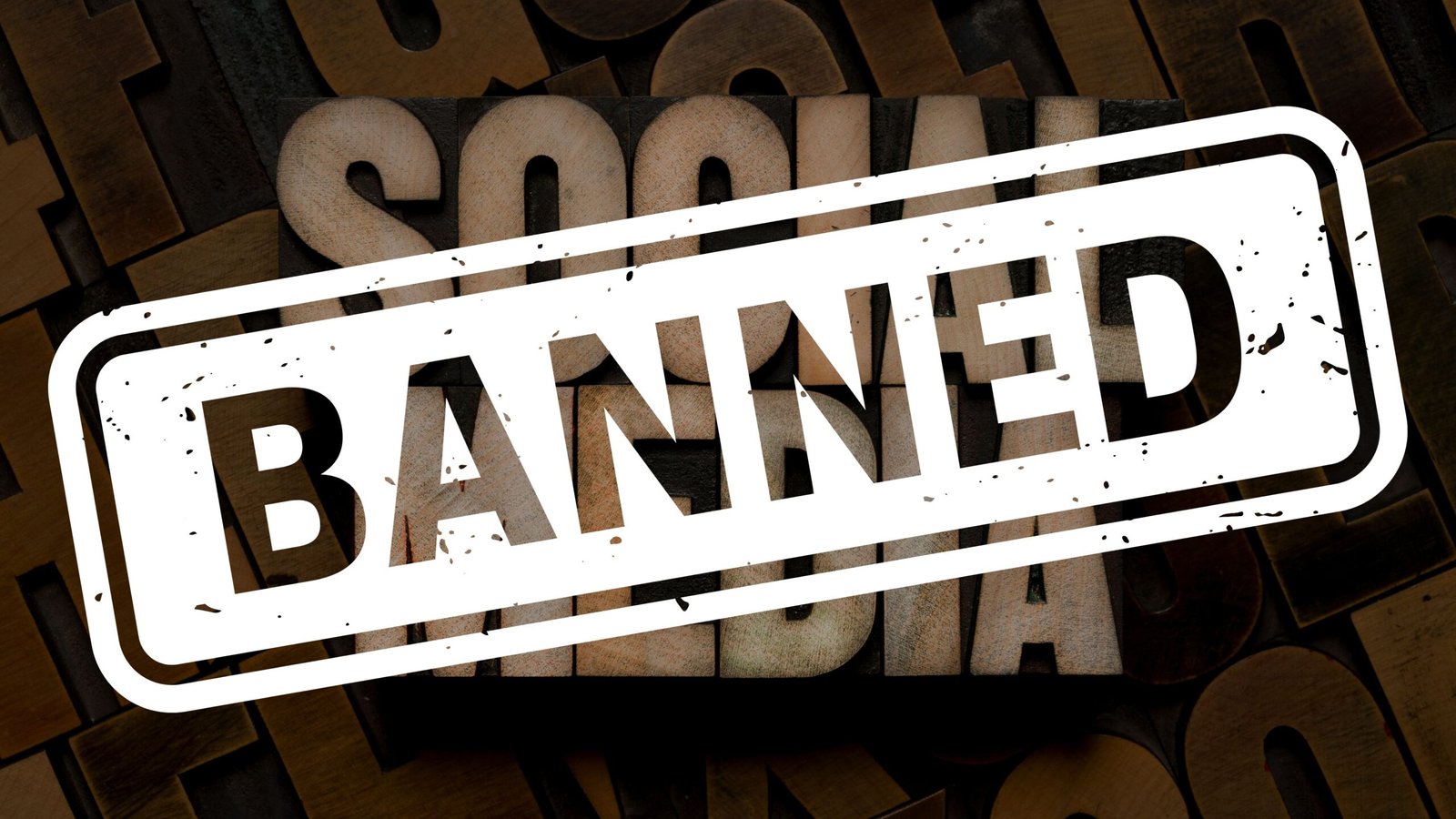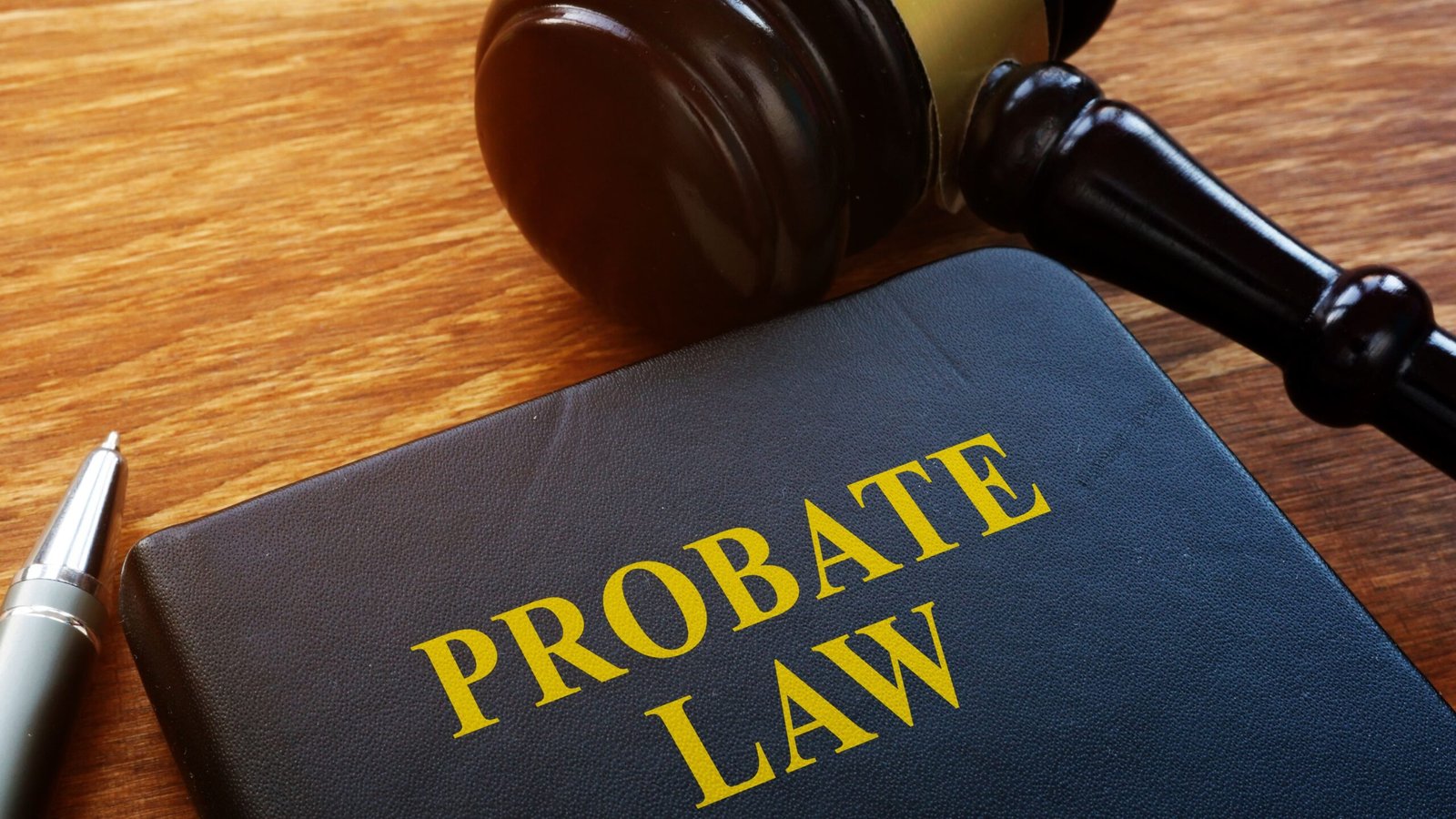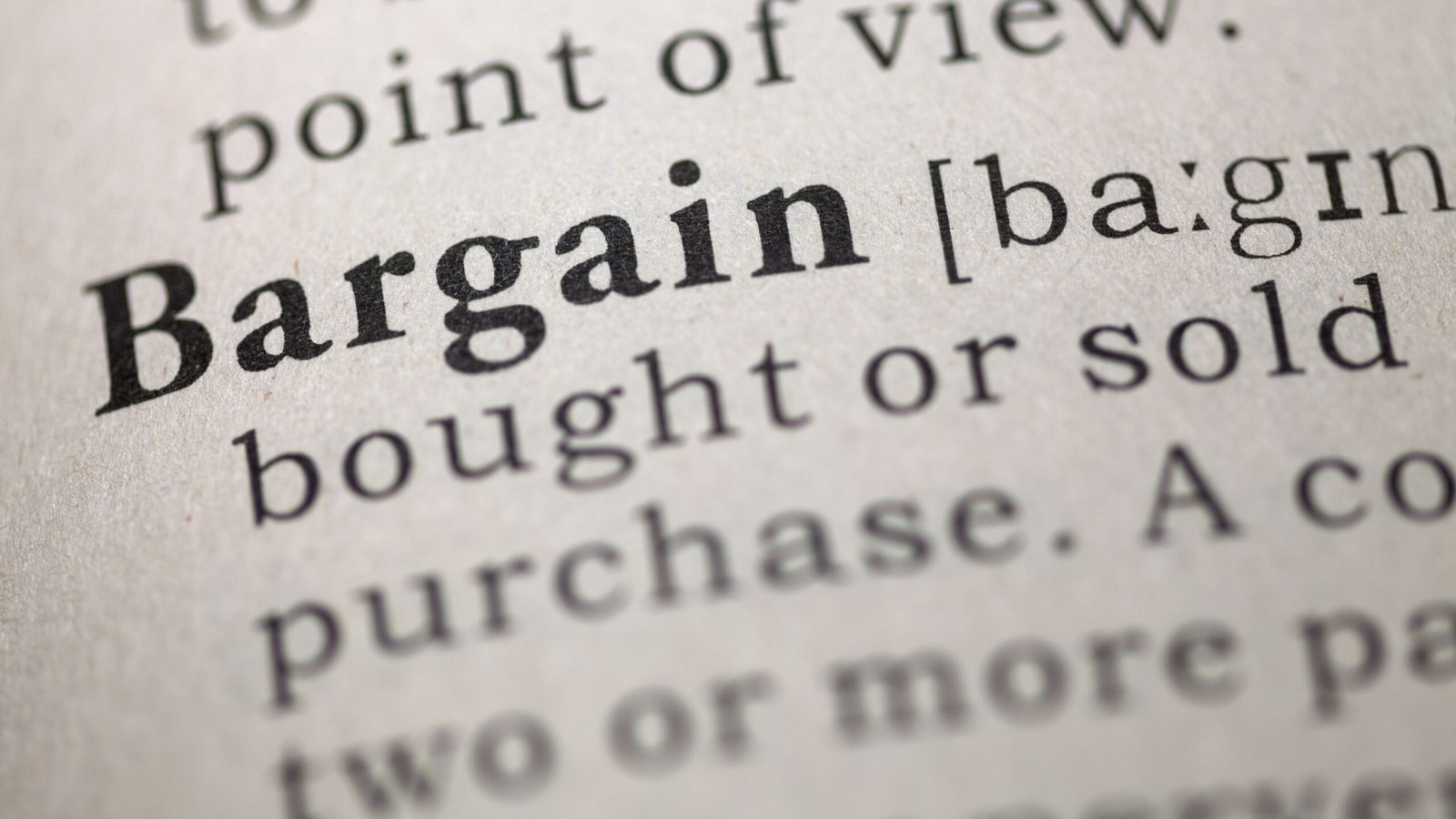On this page you will read detailed information about Australia Enacts Social Media Ban for Under-16s.
As a parent or educator, you’ve likely grappled with the challenges social media poses for young people. Now, Australia is taking bold action to address those concerns. The country has approved a groundbreaking law banning social media use for children under 16, marking a significant shift in how nations approach online safety for minors. This controversial move has sparked intense debate about digital rights, parental control, and the role of government in regulating internet access. As you consider the implications, it’s crucial to understand the motivations behind this policy and its potential impact on youth, families, and the broader digital landscape. Let’s explore the details and ramifications of Australia’s unprecedented decision.
Australia’s Bold Move: Banning Social Media for Under-16s
Australia has taken a groundbreaking step in protecting its youth by implementing a social media ban for individuals under 16 years old. This unprecedented move aims to address growing concerns about the impact of social media on young people’s mental health and overall well-being.
The Rationale Behind the Ban
The Australian government’s decision stems from mounting evidence linking excessive social media use to various issues affecting teenagers, including:
- Increased rates of anxiety and depression
- Cyberbullying and online harassment
- Sleep deprivation and poor academic performance
- Reduced face-to-face social interactions
By restricting access to social media platforms, policymakers hope to create a safer digital environment for children and adolescents, allowing them to focus on real-world relationships and experiences.
Implementation and Enforcement
The ban will be enforced through a combination of technological measures and parental controls. Social media companies operating in Australia will be required to implement age verification systems and restrict access to users under 16. Parents and guardians will play a crucial role in monitoring their children’s online activities and ensuring compliance with the new regulations.
While some critics argue that the ban may be difficult to enforce completely, supporters believe it sends a strong message about the importance of protecting young minds in the digital age. As this policy unfolds, the world will be watching to see if Australia’s bold move sets a new precedent for safeguarding children’s well-being in the era of social media.
Understanding the Rationale Behind the New Law
Protecting Youth Mental Health
The Australian government’s decision to ban social media for under-16s stems from growing concerns about the impact of these platforms on young people’s wellbeing. Studies have shown a correlation between social media use and mental health issues in adolescents, prompting lawmakers to take action. The new law aims to shield children from the potential negative effects of excessive social media exposure during crucial developmental years.
Addressing Addictive Design
One of the key drivers behind this legislation is the recognition of social media’s inherently addictive nature. Platforms often employ “dark patterns” and other design elements that keep users, especially young ones, engaged for extended periods. By restricting access, the government hopes to curb these addictive behaviors and promote healthier online habits among youth.
Shifting Responsibility to Tech Companies
The new law places the onus on social media companies to enforce age restrictions. With potential fines of up to $50 million for non-compliance, the legislation aims to make these platforms more accountable for user safety. This approach mirrors regulations in other industries, such as car manufacturing, where companies are required to implement safety features. By holding tech giants responsible, Australia hopes to create a safer online environment for its young citizens.
Potential Impacts: How Will the Social Media Ban Affect Youth?
Shifting Online Behaviors
The social media ban for under-16s in Australia could significantly alter young people’s online experiences. While the legislation aims to protect children from harmful effects like cyberbullying and inappropriate content, it may inadvertently push them towards less regulated online spaces. This shift could potentially expose youth to greater risks and make them less likely to seek help when encountering online issues.
Challenges in Implementation
Enforcing the ban presents significant hurdles. Age verification methods like facial recognition or ID checks raise privacy concerns, while tech-savvy teens may find ways to circumvent restrictions. Social media companies will need to invest heavily in compliance, potentially diverting resources from other safety initiatives.
Balancing Protection and Connection
While the ban may reduce exposure to certain online risks, it could also limit positive social media experiences. Many young people rely on these platforms for social support, connection, and access to valuable resources, particularly those from marginalized groups. Finding the right balance between protection and allowing beneficial digital engagement remains a challenge.
Long-term Consequences
The effectiveness of this unprecedented measure remains uncertain. Its impact on children’s overall screen time, mental health, and digital literacy skills is yet to be seen. If successful, Australia’s approach could set a precedent for similar regulations worldwide, potentially reshaping how young people interact with technology on a global scale.
Challenges and Considerations in Implementing the Policy
Age Verification Hurdles
Implementing Australia’s social media ban for under-16s faces significant hurdles, particularly in age verification. Social media companies must develop reliable methods to verify users’ ages without compromising privacy. Traditional approaches like facial recognition or ID checks raise concerns about data security and user privacy. The eSafety Commissioner is exploring innovative solutions, such as AI-based hand movement analysis, to address these challenges.
Potential Unintended Consequences
Critics argue that the ban could inadvertently isolate vulnerable young users from online support networks and communities. There are concerns that children might shift to less regulated platforms, potentially exposing them to greater risks. Balancing the need for protection with access to beneficial online resources remains a complex challenge.
Enforcement and Compliance
Enforcing the ban presents its own set of challenges. Social media companies, especially those based overseas, may resist complying with Australian regulations. The law imposes significant fines for non-compliance, but effective enforcement mechanisms are still being developed. Additionally, the broad definition of “age-restricted social media platforms” creates uncertainty about which specific platforms will be affected, potentially complicating implementation efforts.
Global Implications: Will Other Countries Follow Australia’s Lead?
Australia’s groundbreaking decision to ban social media for under-16s has sent ripples across the global digital landscape, prompting other nations to consider similar measures. This unprecedented move raises questions about the future of youth engagement with social platforms worldwide.
Potential Domino Effect
The success of Australia’s implementation could inspire a domino effect. According to The Guardian, the ban has already attracted praise from countries like the US and UK. If effective, we may see a wave of similar legislation sweeping across developed nations, fundamentally altering how younger generations interact with digital platforms.
Challenges in Global Adoption
However, the path to widespread adoption is fraught with challenges:
- Age verification technology remains a contentious issue
- Privacy concerns surrounding data collection for age assurance
- Potential shift of young users to less regulated online spaces
Impact on Global Marketing Strategies
For marketers, this shift could necessitate a dramatic rethink of digital strategies. Campaign Asia reports that the ban may accelerate the decline of social media in Australia, leading to audience fragmentation. This trend could spread globally, forcing marketers to diversify their media mix and return to traditional channels like TV and out-of-home advertising.
As the world watches Australia’s bold experiment unfold, the global implications for social media usage, digital safety, and marketing practices remain to be seen. The success or failure of this initiative will likely shape the future of online engagement for young people worldwide.
Conclusion
As Australia takes this bold step to protect its youth, you may find yourself contemplating the broader implications. This legislation sets a precedent that could influence global social media policies. While the ban aims to safeguard children’s mental health and privacy, its effectiveness and enforcement remain to be seen. As a parent, educator, or concerned citizen, you have a role to play in shaping the digital landscape for future generations. Consider how this ban aligns with your values and vision for a safer online environment. The coming months will reveal whether Australia’s approach becomes a model for other nations or faces challenges in implementation.
Disclaimer
The information and services on this website are not intended to and shall not be used as legal advice. You should consult a Legal Professional for any legal or solicited advice. While we have good faith and our own independent research to every information listed on the website and do our best to ensure that the data provided is accurate. However, we do not guarantee the information provided is accurate and make no representation or warranty of any kind, express or implied, regarding the accuracy, adequacy, validity, reliability, availability, or completeness of any information on the Site. UNDER NO CIRCUMSTANCES SHALL WE HAVE ANY LIABILITY TO YOU FOR ANY LOSS OR DAMAGE OF ANY KIND INCURRED AS A RESULT OR RELIANCE ON ANY INFORMATION PROVIDED ON THE SITE. YOUR USE OF THE SITE AND YOUR RELIANCE ON ANY INFORMATION ON THE SITE IS SOLELY AT YOUR OWN RISK. Comments on this website are the sole responsibility of their writers so the accuracy, completeness, veracity, honesty, factuality and politeness of comments are not guaranteed.
So friends, today we talked about Australia Enacts Social Media Ban for Under-16s, hope you liked our post.
If you liked the information about Australia Enacts Social Media Ban for Under-16s, then definitely share this article with your friends.









